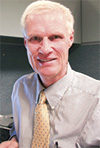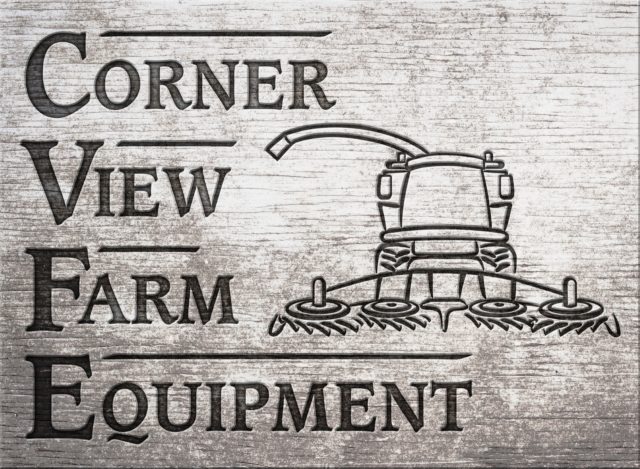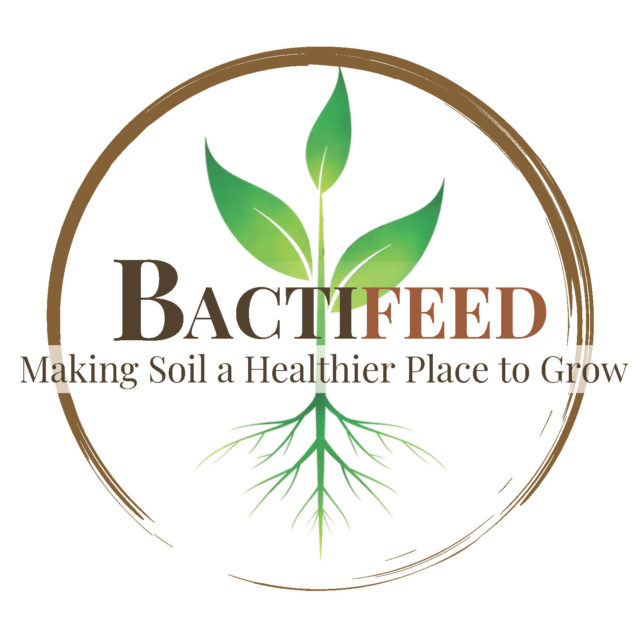Editor’s note: This is the second part of a two-part series. I wrote my first column for Progressive Dairyman in July of 1993. This is my final one. During the space of 23 years, I have written several hundred articles.
I am grateful for the opportunity to write these articles and the willingness of three editors over the years to publish them. I am told the best articles were ones written overseas, a span of about five years.
I have recently retired from federal service as a scientist with USDA-NRCS. The Natural Resources Conservation Service is a wonderful organization, with two valuable products that are the envy of the rest of the world: the web soil survey and our conservation plans.
Before my assignment at NRCS, I spent 12 years at Oregon State University working in the areas of nutrient and manure management. These two careers span the length of time writing for this magazine.
I have been particularly critical of three topics over the years. One, the move toward complexity, especially in the bureaucracy of government; two, the lack of systems thinking in the context of technical assistance; and three, the strict adherence to deductive procedure rather than including the art of inductive and rational thought as critical thinking.
Over the years I have realized the boundaries of science, in technical work if you will, and I have come to the conclusion that science must include the humanities and the arts. I have walked in thousands of cropfields and visited hundreds if not thousands of farms … and I find myself less able to understand what I see strictly by science.
In recent years, I have suggested that we scientists include the rural sociologists in our work. I recall clearly when this thought came to me: when I was evaluating data derived from my doctoral research work in Oregon.
How useful a rural sociologist would have been to help us understand how what we learned could be transferred to the industry writ large. I recently wrote about this topic while attending a Cornell Extension Field Day in New York.
The use of art in our work, however, is problematic when the use of big data and digitalization is overwhelming. I know the young people coming out of college appear to me, anyway, to be excellent at technical procedure but have not yet had time to develop an approach that includes the use of inductive thinking as critical thought.
This is not their fault. Honing these skills takes years of walking in fields and visiting farms. My point is: This set of skills should be encouraged as early as possible in a young career.
No doubt much of this philosophy was developed while overseas. I am sure of it. I often tell people the culture shock for me was not going over “there” but in coming home. Overseas, we did not have a script or standard operating procedure … we had to figure it out ourselves using the art of inductive thought.
I really believe this. I am so fortunate for having the opportunity to live and work overseas. I came home to Michigan – and then was transferred to New York and honestly struggled to find a meaningful purpose to my work. I tried. But I failed, and so it was time to go.
I am now living in Powell Butte, Oregon. I live on an alfalfa farm with horses, a few chickens and goats, and a dog that runs with me every morning. My Mooney aircraft is based in Prineville (S39).
We are planning a trip to Alaska this summer and then next summer (2016) a flight to Europe via Canada, Greenland, Iceland and then ingress into Scotland. I will keep running. With 213 marathons done as of this writing, I will add to this number. Not sure when I will stop …
I am registering myself on NRCS’s Technical Registry as a planner. I am a certified conservation planner and hope to write a few conservation activity plans for CNMPs, NMPs and irrigation water management plans. I would like to teach somewhere. And I am attending my first Crook County Soil and Water Conservation district meeting as a private citizen soon.
I am enjoying my return to Oregon; central Oregon is a beautiful part of the world and not so far from my family. I grew up and farmed in Hood River County … close as well. One part of my new life here is the art of writing. I do not know how writing will be manifest in my life … but I will continue writing in some form.
Thank you very much to the three Progressive Dairyman editors I have had over the years. I am grateful to have written for you and especially written on a wide range of topics. Thank you to all the readers and the comments sent to me over the years.
I finish with this: I am still a pilgrim. I have often written about the composition of a life based upon being a seeker, as a pilgrim. The older I get, the less I know. But I reckon with the difference between knowledge and wisdom every time I enter the field.
My reckoning simply tells me that wisdom is knowing that mere participation in the world as a humble seeker and pilgrim is a good place to be. I walked in our alfalfa field yesterday, and this reckoning came to me again.
It is ever-lasting. PD

Mike Gangwer
Agricultural Scientist





